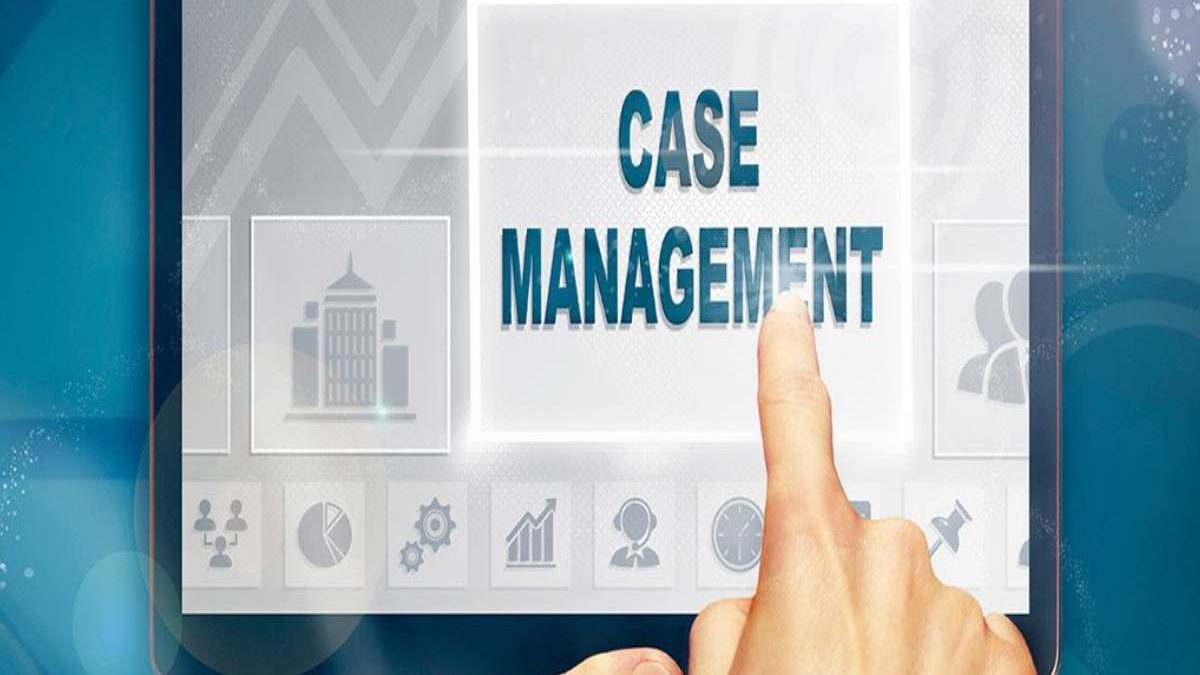Let’s start with the obvious:
Social work is unpredictable. No two days, clients, or crises are the same. One minute you’re doing intake at a community center, the next you’re coordinating emergency housing across three agencies.
What doesn’t help? Clunky software that makes everything harder.
So if you’re evaluating social work case management software, you need more than basic functionality. You need features that match the pace, pressure, and purpose of the work you do.
Here’s what should be non-negotiable.
Table of Contents
One Centralized, Real-Time Client Record
Social work is about people, not paperwork. But too often, critical client information lives in scattered systems, outdated files, or—let’s be honest—someone’s memory.
Your software should consolidate everything:
- Intake forms
- Case notes
- Service history
- Referrals
- Risk assessments
- Progress tracking
And it should update in real time. Because when you’re in the field and need to make a decision, guessing isn’t good enough.
Configurable Workflows That Reflect Reality
Social workers don’t follow cookie-cutter schedules—and your system shouldn’t either.
Great case management platforms let you customize:
- Forms and fields (without calling IT every time)
- Intake and referral flows
- Service plans
- Outcome measures
Whether you’re focused on crisis response, child welfare, reentry, or community health, the software should adapt to you, not the other way around.
Mobile Access—Because You’re Rarely at a Desk
The majority of social workers spend a good chunk of their day on the move.
You need a platform that works from your phone or tablet:
- Access and update cases in the field
- Upload photos, notes, or documents on the spot
- Get directions to a client’s last known address
No more writing case notes on the back of your hand (or napkins).
Smart Scheduling + Task Management
Your time is your most valuable resource—and your calendar’s a minefield.
The right software helps with:
- Scheduling visits and reminders
- Flagging urgent follow-ups
- Auto-assigning tasks based on form submissions or case triggers
Bonus points if the tool integrates those deadlines right into the client file—so nothing falls through the cracks.
Ironclad Security (That’s Easy to Use)
Let’s talk data safety. You’re dealing with some of the most sensitive information possible—housing status, domestic violence cases, medical history, legal issues.
You need:
- Role-based permissions
- HIPAA/SOC2-compliant encryption
- Secure document uploads and audit trails
But just as important? Ease of access. Because if security gets in the way of service, it’s not helping anyone.
Built-In Reporting That Doesn’t Feel Like Homework
Love reporting? Of course not.
But it’s a necessary part of getting funding, measuring impact, and keeping programs accountable.
Your case management software should simplify this process:
- Pre-built and customizable reports
- Real-time dashboards
- Outcome tracking that aligns with your grants
Funder asks for a quarterly update? You send it before lunch.
Smart Insights That Actually Help You Help People
Case management isn’t just about tracking services—it’s about identifying patterns, risks, and progress.
With the right tools, you can:
- See which clients are at risk of disengaging
- Track service outcomes over time
- Adjust plans based on what’s working
Think of it like a second brain—but one that doesn’t forget details or take time off.
Final Thought: Good Software Should Make You Feel More Human, Not Less
At the end of the day, social work is about connection. But when the tools you rely on are outdated, inflexible, or just plain frustrating, it gets harder to show up for people the way you want to.
The right social work case management software doesn’t just streamline tasks—it gives you time back. It keeps your cases organized, your data secure, and your focus where it belongs: on the human in front of you.
Because that’s why you got into this work in the first place.

